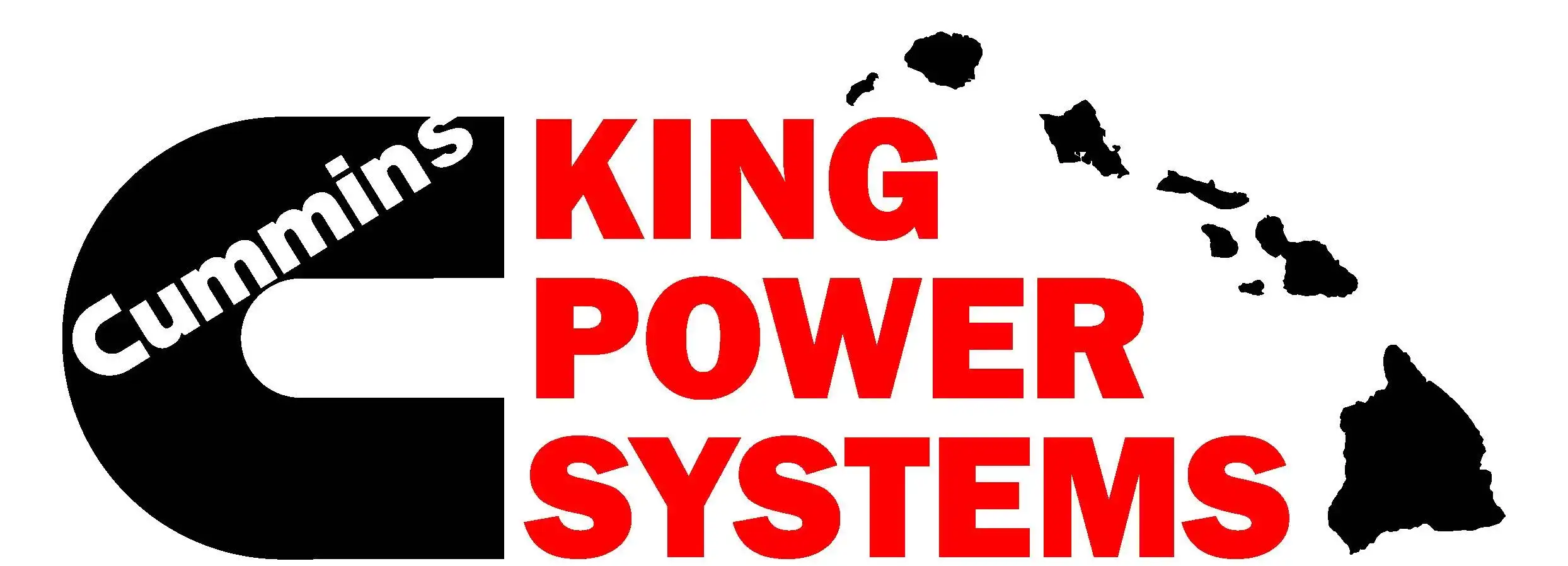AG Chin Joins Brief to Preserve Independence of Consumer Financial Protection Bureau
Attorney General Doug Chin joined a friend-of-the-court brief on behalf of Hawaiʻi and 17 other states in English v. Mulvaney, a lawsuit challenging President Trump’s decision to appoint Mick Mulvaney as the acting director of the Consumer Financial Protection Bureau.
The brief, led by District of Columbia Attorney General Karl A. Racine, argues that maintaining CFPB’s independence is crucial to protecting consumers, and that Congress ensured this independence by creating a specific plan for succession.
Richard Cordray was the first director of the agency, which is designed to serve as an independent consumer advocate and check on the power of large financial-services businesses. He stepped down last month and, under the act that created the CFPB, his deputy director, Leandra English, became the acting director.
Trump, citing an earlier federal law, claimed he had authority to appoint an acting director and selected Mulvaney, the director of the Office of Management and Budget.
Officials say Mulvaney has been an outspoken critic of the CFPB and while serving in Congress, voted to weaken the agency’s authority and questioned its existence.
Ms. English brought suit to challenge Trump’s effort.
“The CFPB has been a crucial partner in protecting consumers in the District and elsewhere, and we won’t stand by and watch it become just another arm of an administration that has demonstrated far more affinity for corporate interests than everyday consumers,” Attorney General Racine said. “We believe the law and justice are on our side.”
Since the CFPB began operations in 2011, the agency has handled more than a million consumer complaints and returned nearly $12 billion to the pockets of more than 29 million consumers—five times more than the agency itself costs taxpayers to fund. Among other efforts to help consumers, the CFPB has reached multiple settlements with banks, debt collectors, and other predatory lenders.
The amicus brief argues that allowing President Trump to circumvent the law regarding who serves as acting director compromises the agency’s independence.
“Attempts to dismantle Congress’s careful and concerted efforts in structuring the CFPB as a truly independent agency would, if successful, harm the Amici States’ ability to enforce the many consumer financial laws that protect their residents,” the brief says.
In addition to Hawaiʻi and the District of Columbia, the attorneys general of California, Connecticut, Delaware, Illinois, Iowa, Maine, Maryland, Massachusetts, Minnesota, New Mexico, New York, Oregon, Pennsylvania, Rhode Island, Vermont, and Washington State joined the brief.











